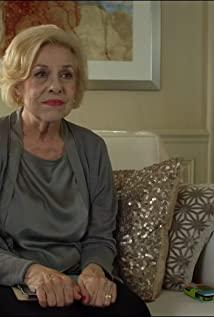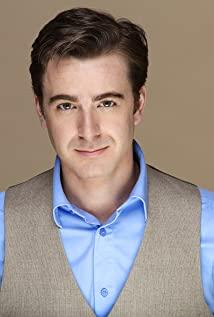The family described in the story is actually a very ordinary life. His father (James Woods) teaches mathematics in a middle school in Michigan, and his mother (Karen Turner) is a religious believer. There are five teenage daughters in the family. From thirteen-year-old Cecilia (Hannah. Hall) to 17-year-old Tris (Leslie Hyman). The youngest daughter Cecilia committed suicide, which made the life of the Lisbon family very uneasy. Faced with the great upset of the family, the parents tried to get other daughters in contact with more people of the opposite sex, and imposed curfews on the girls because of their disobedience. One year after the youngest daughter committed suicide, the other four sisters all committed suicide in a calm night.
I think what touched me most about this movie is the depression and despair of the girls who seem to be unreasonable now. Until the end, we actually didn't understand why they committed suicide. After the girls died, other adults still had parties. A man toasted and laughed at crumbs—I'm a teenager! I've got problems!
At that moment, I felt sad in my heart. I can really understand the feelings of the girls. Indeed, there is no real suffering in life, it is just real, and that period of time is metaphysical suffering. We even oppress for environmental pollution, and become negative for the meaninglessness of life. Family discipline is too strict, public opinion is right and wrong, neighbors' hypocritical sympathy, all of this is driving people to a dead end. There is a plot in the movie about a logging company sawing down all sick trees, even if they look green and healthy.
——As long as you get a disease, you must get rid of it immediately. Otherwise, all other trees will get sick and die.
The girls murmured: In the end, no trees died because there were no more trees.
If you were like me, you were desperate for life during adolescence and even attempted suicide. I think you will understand this movie.
View more about The Virgin Suicides reviews











